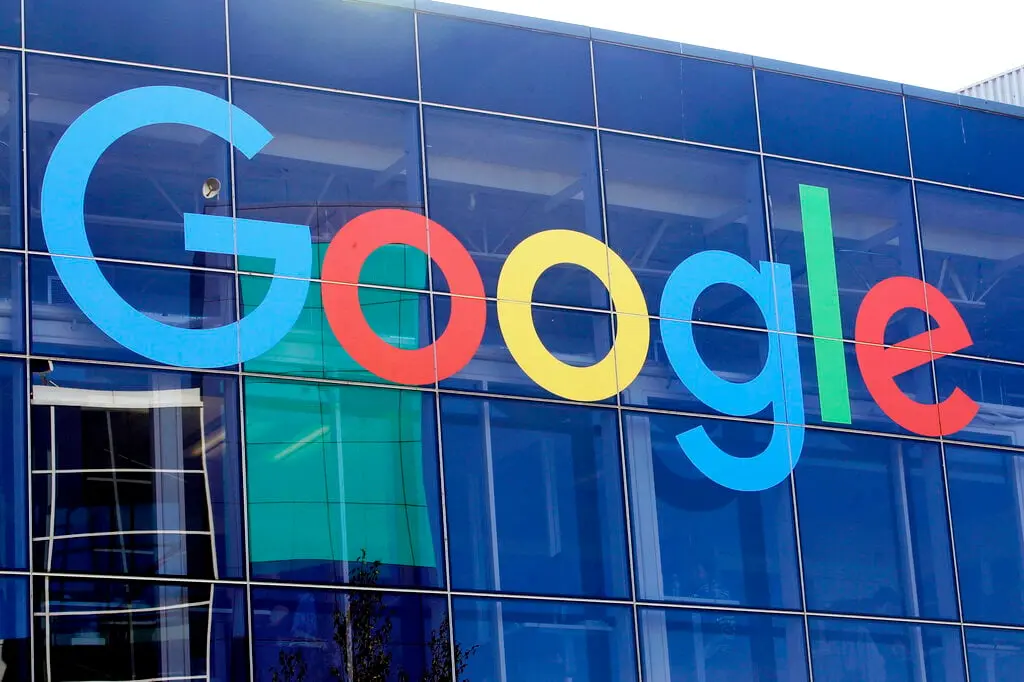Google Faces Potential Breakup as DOJ Targets Monopoly Power

In a landmark move, the U.S. Department of Justice (DOJ) is considering a breakup of Google after a recent ruling deemed the company an illegal monopoly in search. This decision marks one of the most significant antitrust cases in decades, and its repercussions could reach deep into the tech sector, especially in California, where Google and many other major tech companies are headquartered. As the DOJ and Google prepare for the next steps, Silicon Valley faces a period of uncertainty that could reshape the region’s economy and alter the course of tech innovation.
The Antitrust Case Against Google
The antitrust case against Google centers on its overwhelming dominance in the search market. Judge Amit Mehta of the U.S. District Court for the District of Columbia ruled that Google’s practices restricted competition, setting the stage for potential remedial action. Proposed solutions include splitting off parts of Google’s business, such as Chrome or Android, to reduce its monopoly power. This would be the most significant action taken against a tech giant since the DOJ’s case against Microsoft in the late 1990s, which ultimately opened doors for new companies like Google itself to flourish.
Potential Impact on Silicon Valley and California’s Economy
Breaking up Google could create a ripple effect throughout California’s tech industry, reshaping Silicon Valley’s business landscape and impacting the state economy. As one of the largest employers and investors in California, Google’s split would likely lead to a reorganization of resources and influence. Other companies, such as Apple, Amazon, and Meta, who are also under government scrutiny, are closely monitoring the case. A breakup could potentially pave the way for a wave of competition within the tech sector, encouraging smaller companies and startups to thrive in areas previously dominated by Google.
For California’s economy, which heavily relies on the success of Big Tech, the DOJ’s actions could bring both risks and opportunities. On one hand, reduced monopolistic control could increase innovation and job opportunities by giving smaller companies more room to grow. On the other, a Google breakup could lead to job restructuring, reduced local tax revenue, and potential investor uncertainty, especially in the San Francisco Bay Area where Google has a substantial presence.
Repercussions for Digital Advertising and Data Access
If Google is forced to divest parts of its business, the digital advertising market could see a major shift. Google’s control over search, coupled with its vast troves of user data, has allowed it to dominate digital ad sales. With a breakup, competitors might gain access to user data and other tools, leveling the playing field for digital advertising. This could impact advertising agencies, media companies, and small businesses in Los Angeles and other California cities that rely on digital ads to reach their audiences.
Further, if Google is required to share data with competitors or make changes to its data collection policies, it could usher in a new era of data transparency in the tech industry. This development might foster increased competition in advertising technology, potentially benefiting smaller companies while challenging the established practices of Big Tech. Such changes would align with California’s recent moves toward stricter data privacy and consumer protection standards, reinforcing the state’s reputation as a leader in tech regulation.
Broader Implications for Big Tech and Regulatory Precedents
The DOJ’s actions against Google signal a broader shift toward stronger regulation of Big Tech companies. With the Google case setting a precedent, other tech giants such as Amazon, Apple, and Meta could face similar antitrust challenges, particularly in areas where they exert significant control over digital marketplaces, app ecosystems, and consumer data. California’s own legislative efforts, like SB 1047, which targets AI regulation, reflect a growing inclination toward addressing tech monopolies at both state and federal levels.
Trump’s support for conservative views on antitrust policy, coupled with recent efforts by FTC Chair Lina Khan and SEC Chair Gary Gensler to curb Big Tech influence, indicates a bipartisan push to hold tech giants accountable. While Silicon Valley investors and tech advocates express concern over regulatory “overreach,” many lawmakers argue that stricter regulations are necessary to foster competition, reduce consumer risks, and curb monopolistic practices.
What’s Next for Google and the Tech Industry
Judge Mehta has asked both the DOJ and Google to submit proposals for remedies, including the potential divestiture of key business units. A hearing is scheduled for early September, where these proposals will be discussed. Although Google has expressed intent to appeal the decision, a breakup is a distinct possibility if appeals are unsuccessful. This could trigger further corporate restructuring within Silicon Valley as companies preemptively address their own regulatory vulnerabilities.
For California and Los Angeles in particular, these antitrust developments suggest a period of adjustment as companies adapt to new regulatory pressures. A break in Google’s monopoly might inspire greater tech decentralization, enabling smaller firms to compete more effectively. Ultimately, California could witness a transformation in its tech ecosystem—one that balances the power of Big Tech with a more diverse and competitive market landscape.
This case against Google is poised to shape the future of antitrust enforcement in tech, setting a precedent that may redefine Silicon Valley’s power structure and influence California’s economy for years to come.